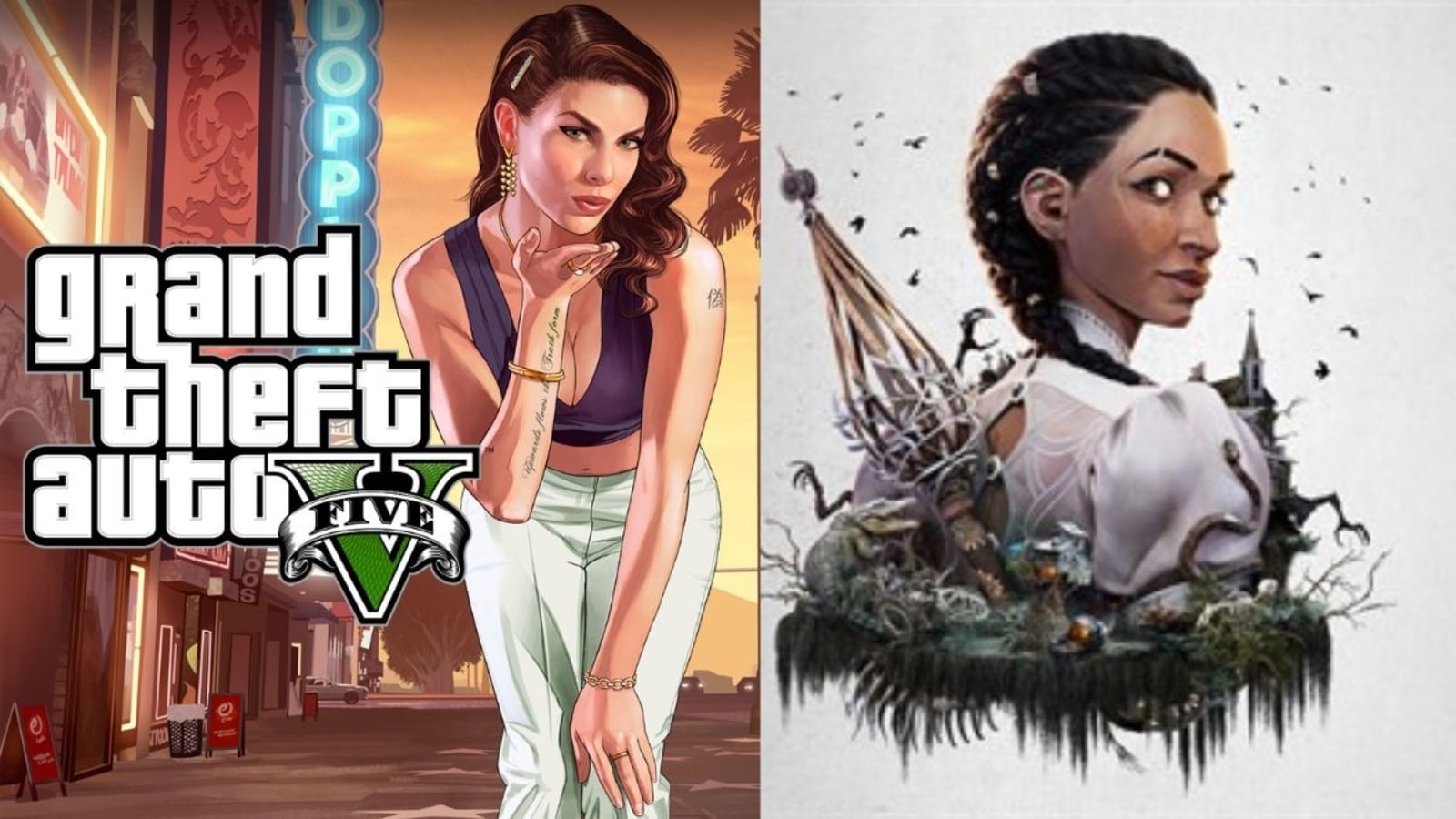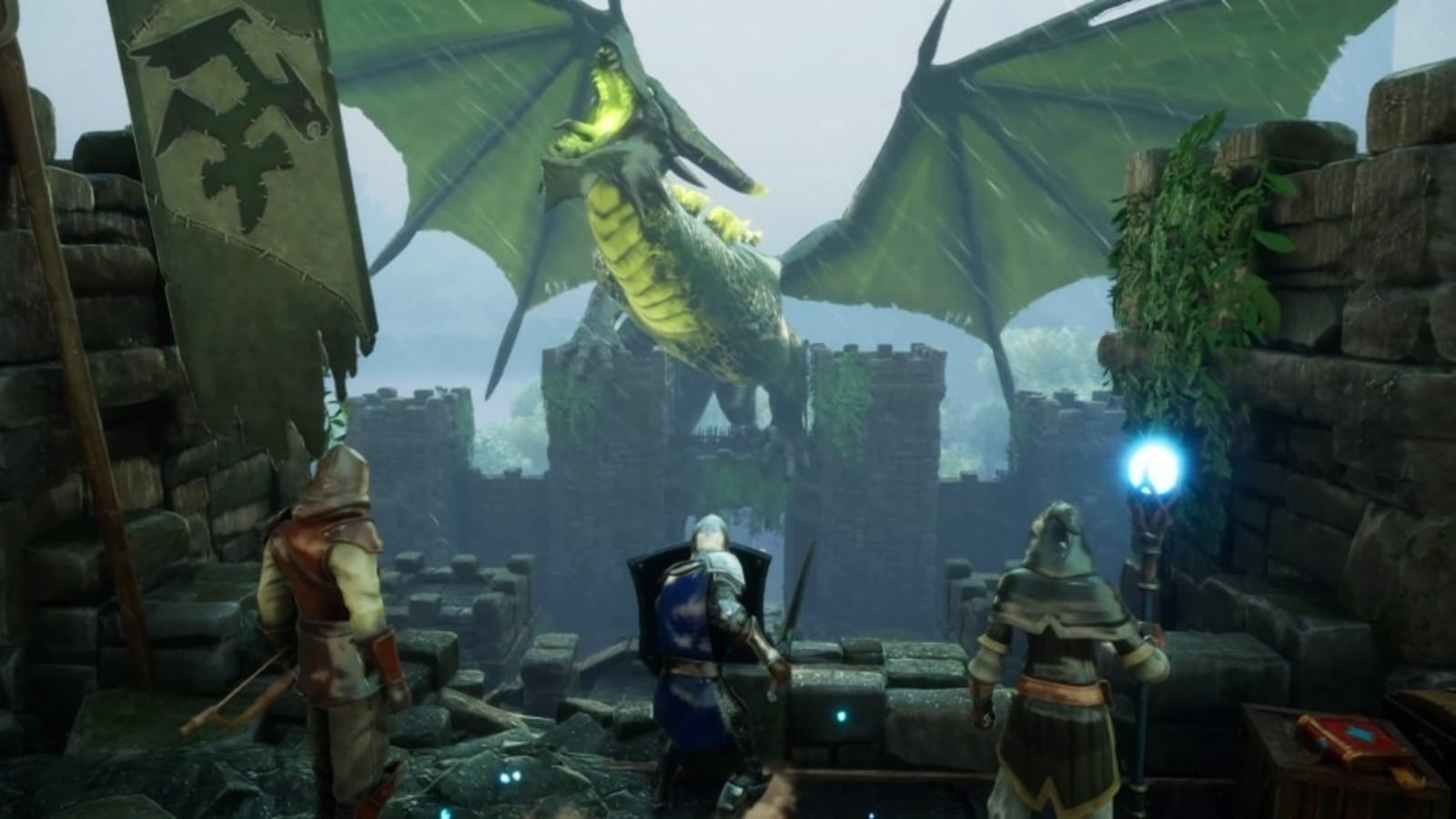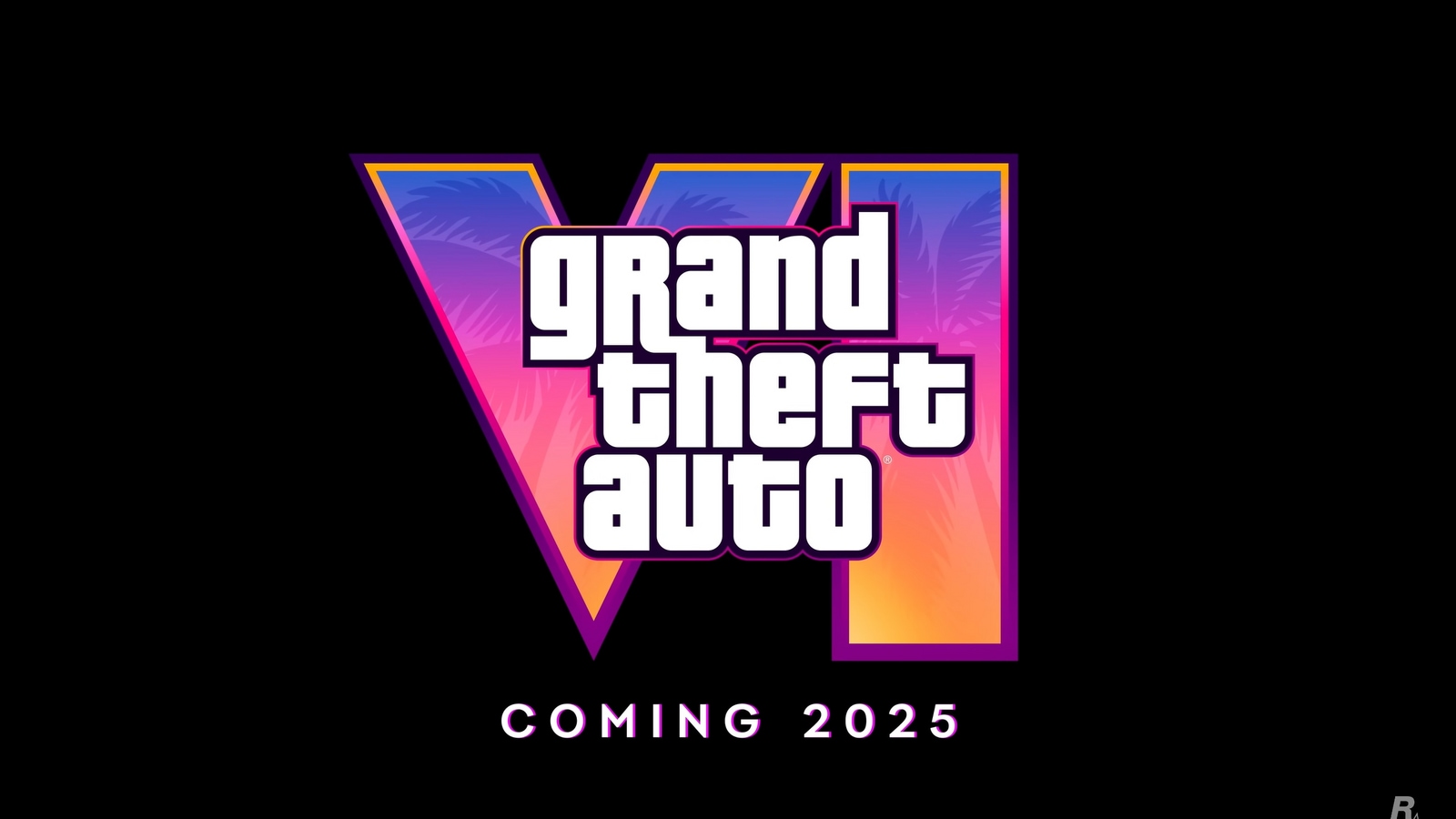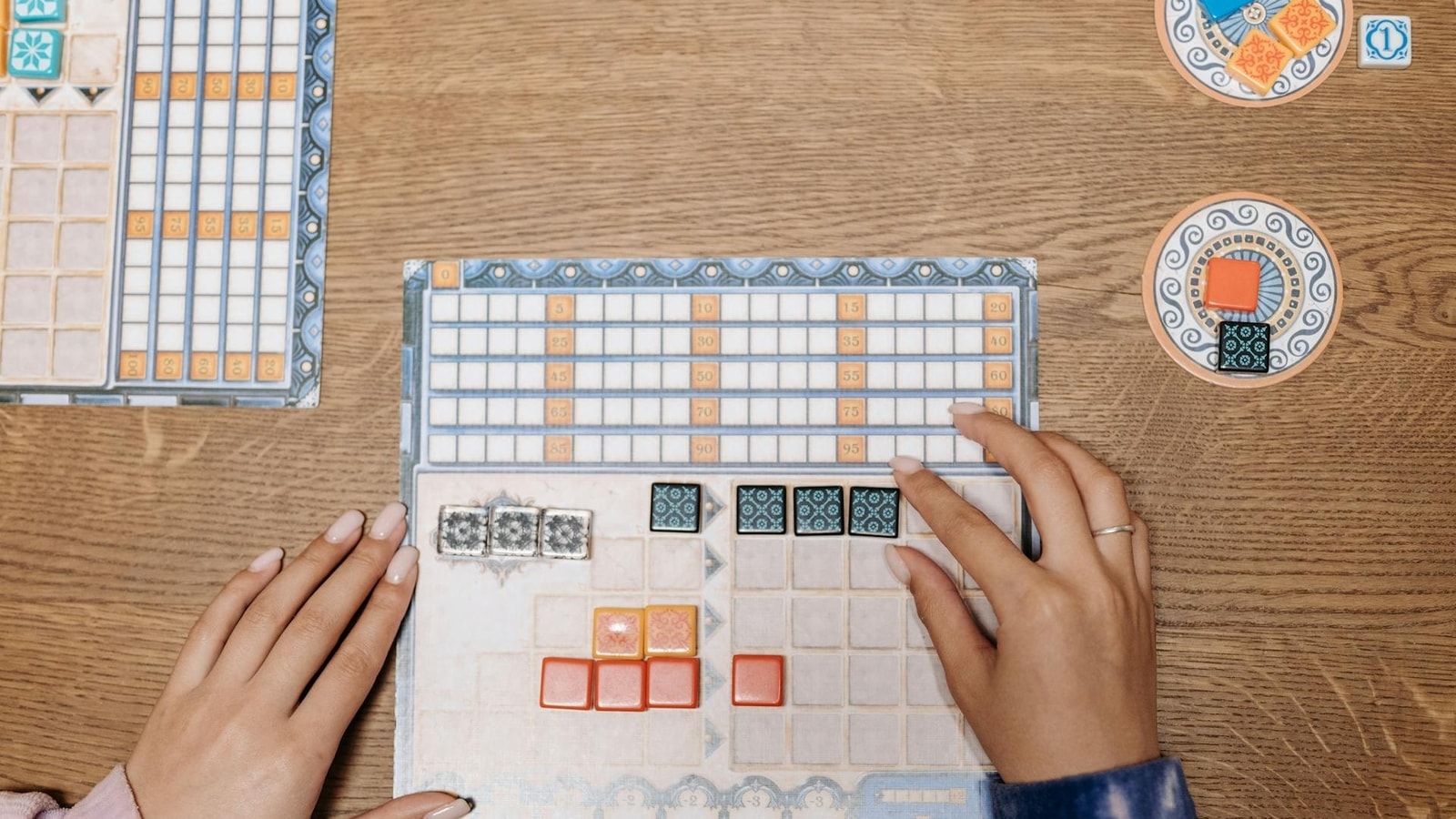Excitement over the upcoming release of Grand Theft Auto 6 (GTA 6) is letting publisher Take-Two Interactive Software Inc. deflect investor attention from a big problem: its $12 billion foray into the shrinking mobile-games business.
With just a small presence in the fastest-growing segment of video games — titles played on smartphones — Take-Two splurged last year on Zynga, known originally for Facebook games like FarmVille and Words With Friends. It was the biggest deal ever in video games and boosted revenue from mobile titles to half of Take-Two’s $5.3 billion in annual sales.
Unfortunately for Take-Two and longtime Chief Executive Officer Strauss Zelnick, the deal closed just as the mobile-games business was heading into a downturn. With the end of Covid-19 restrictions, consumers who had embraced casual games during the pandemic turned to other diversions. At the same time, Apple Inc. built new privacy features into its software that made it harder for Zynga to attract new players.
“They closed the deal, and the mobile industry spent the next 18 months correcting,” said Doug Creutz, an analyst at Cowen Group who nonetheless recommends buying Take-Two shares because of its other titles, including prospects for GTA VI.
Since the spring of 2022, sales from Zynga’s five highest-grossing games have fallen 23%, according to researcher SensorTower. It’s part of a broad decline in the $90.4 billion mobile games market that began in 2021 and is expected to let up starting next year, according to researcher NewZoo. Based on Take-Two’s own estimates, Zynga will finish this fiscal year with sales down about 5% from 2021.
Zynga’s pipeline offers little encouragement. After putting out an average of seven games a year over the last decade, the company released just three titles in 2023. And just two new releases are on the calendar for the next 12 months, according to Take-Two’s latest earnings report. That includes a Star Wars smartphone game that’s been delayed at least three times.
“Our vision for mobile is to be the largest mobile gaming company in the world, based on market share,” Alan Lewis, a company spokesman, said in an email. Take-Two is investing in new intellectual property and has a growing mobile ad business that, he said, “enables us to monetize nearly all of our players, which is a distinguishing characteristic vs. other mobile companies.”
Take-Two was among the last of the major publishers to scoop up a mobile-games company. The Zynga purchase, financed with cash and stock, provided a stable of proven titles. The goal was to prepare the company for the coming hegemony of mobile gaming.
But after soaring to new highs during the pandemic, mobile-gaming revenue fell by 7% industrywide in 2022, according to NewZoo, and is expected to finish 2023 with another 2% drop. Take-Two has lowered projections for Zynga this year, saying in November the division would account for 49% of total bookings — a measure of sales — down from a projected 53% six months earlier.
In May, the company reported $465 million in impairment charges related to Zynga, reflecting the declining outlook for a few titles.
Zynga’s debut in gaming was electric. FarmVille, in which players operate digital farms, shot to internet fame after its release on Facebook in 2009. Some 32 million aspiring farmers logged in every day at the peak. In 2011, FarmVille, Words With Friends and Zynga’s other browser games accounted for 12% of Facebook revenue, according to a filing. Players recruited friends, creating small armies of ad watchers. They could buy tractor fuel or seeds in the game’s general store with FarmVille currency.
But investors couldn’t see a sustainable business model that extended beyond volatile social media or advertising. And Zynga’s games weren’t sticky enough to keep users long term. The company’s initial public offering came off at less than half the $20 million market value some analysts said was possible. In an Ars Technica report, developers complained that the company’s focus on acquiring new customers and getting them to spend money made the games less fun.
To counter those concerns, Zynga began buying undervalued game companies and moved into mobile. Smartphones were the perfect platform for the company’s strategy of targeting and attracting new players, and eventually encouraging them to buy things in games. From 2015 to 2016, as smartphone ownership swelled, mobile-gaming revenue leapt by $11 billion to $43 billion, according to NewZoo.
Zynga pushed out mobile versions of Words With Friends, FarmVille, and eventually, casino and puzzle games, with the goal of creating “forever franchises.”
Take-Two, meanwhile, had been left behind. In an interview on the Invest Like the Best podcast in October, Zelnick said he underestimated the importance of mobile gaming early on and was focused on Take-Two’s core business of games for consoles.
“I missed the boat,” Zelnick said.
Analysts say Zynga was struggling before the acquisition, with its more recent titles failing go viral among mobile-gaming fans. Today, Zynga claims not one of the 10 highest-grossing games on iOS or Android, according to data from SensorTower and data.ai. Just three of its games are in the Apple iOS store’s top 50 highest-grossing titles — from companies it acquired for a combined $2.4 billion: Empires & Puzzles, Match Factory! and Toon Blast. The latter saw 50% growth in in-game purchases over the last couple months, Lewis says.
Star Wars: Hunters has been in development since at least 2018 under a team of about 150 — a timeline more typical of a blockbuster console game. Zynga’s BossAlien subsidiary previously made only car-racing games for mobile phones. A complicated arena combat game, Star Wars: Hunters was their first of such scope. And under a multiyear licensing deal with Walt Disney Co., Star Wars: Hunters must clear a certain quality bar while operating on both mobile devices and the Nintendo Switch.
Star Wars: Hunters “continues to hit important milestones as we approach its planned release date in calendar 2024,” Take-Two’s Lewis said, adding that the team developing it has an array of expertise, including in developing console games.
“Profitability in mobile gaming is highly driven by the scale of the game,” Creutz said. “Rather than being dominated by one or two very big games like King, Zynga’s profile has always consisted of about a dozen or so small-to-medium games.”
At the same time, the industry is still coping with the privacy changes enacted by Apple. They allowed iPhone users to stop companies like Zynga from tracking their activities. That made it especially hard to identify future players and target them with pitches. Many companies dependent on such marketing tactics were stunned.
“Everyone was freaking out and very concerned about the future of advertising and marketing,” said Eric Kress, host of the Deconstructor of Fun podcast and principal at Gossamer Consulting Group. “Zynga wasn’t ready. They were gonna lose. Take-Two saved them.”
While analysts say the damage from Apple’s move will persist, Zynga said it has adjusted its user acquisition strategy.
But the mobile-game industry has been consolidating ever since. Electronic Arts Inc. acquired Glu Mobile for $2.4 billion in 2021, Take-Two purchased Zynga in 2022 and Savvy Gaming Group bought Scopely for $4.9 billion this past April. And in October, Microsoft Corp. completed the $69 billion purchase of Activision Blizzard Inc., gaining a strong lineup of mobile games in a deal first proposed in 2022.
When analysts ask about Zynga on earnings calls, Zelnick has acknowledged the challenges. Late last year, he described the mobile industry as “soft.” This year, he said, it’s “more challenging than we anticipated.”
Zelnick plans to adapt Take-Two’s most popular franchises to mobile, prompting speculation about a smartphone version of Grand Theft Auto VI. Analysts question whether that’s possible, considering the delays for the Star Wars game. After the acquisition, Zelnick projected $100 million of cost savings within two years, and over $500 million of additional revenue down the line, in part from marketing the mobile games to some of Take-Two traditional customers.
The good news for Take-Two is that Zynga’s struggles are overshadowed by the enthusiasm for Grand Theft Auto VI. Take-Two shares are up 52% this year, triggered by announcements about the new game.
“Shareholders were asking, ‘What’s up with Zynga or this downturn in mobile,’” said Joost van Dreunen, a lecturer at New York University’s business school. “Then all of the sudden, Strauss pushes the big, red button in his office and starts issuing Grand Theft Auto commands into the ether.”























